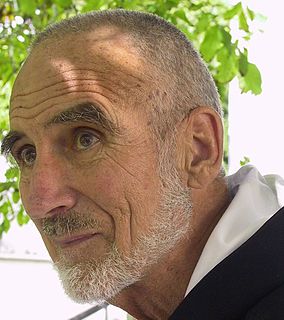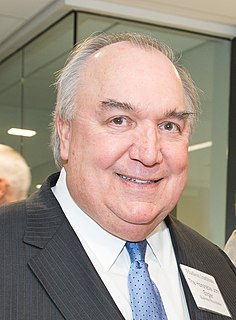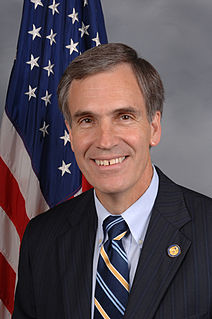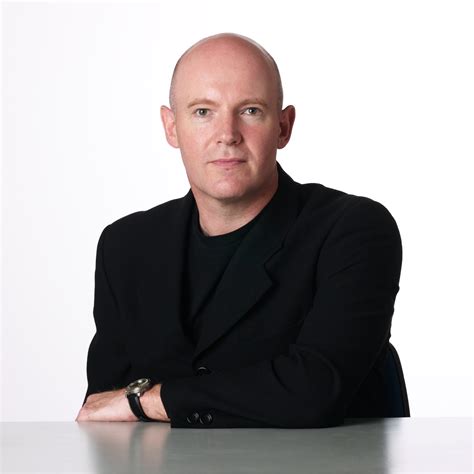A Quote by Sharon Salzberg
By prizing heartfulness above faultlessness, we may reap more from our effort because we're more likely to be changed by it.
Related Quotes
I imagine a school system that recognizes learning is natural, that a love of learning is normal, and that real learning is passionate learning. A school curriculum that values questions above answers...creativity above fact regurgitation...individuality above conformity.. and excellence above standardized performance..... And we must reject all notions of 'reform' that serve up more of the same: more testing, more 'standards', more uniformity, more conformity, more bureaucracy.
Incivility is a symptom, not the disease. We've always had partisan conflict in Congress, and we always will. Yet when I worked for a year (1970-71) on the staff of Sen. Ed Muskie of Maine, this was a different place, more collegial, more sensitive to data, more concerned about all of the American people. I think because the for-profit media prizes conflict above cooperation and sound bites above analysis, politicians have learned to adapt to those tendencies. Consequently, our public debates are dumbed down as our problems grow more complex.
It is not in violence and crime that our greatest danger lies. These evils are so perfectly apparent that they very quickly arouse the moral power of the people for their suppression. A far more serious danger lurks in the shirking of those responsibilities of citizenship, where the evil may not be so noticeable but is more insidious and likely to be more devastating.
People who graduate are more resilient financially, and they weather economic downturns better than people who don't graduate. And, throughout their lives, people who graduate are more likely to be economically secure, more likely to be healthy, and more likely to live longer. Face it: A college degree puts a lot in your corner.
The line between failure and success is so fine that we are often on the line and do not know it. How many a person has thrown up his or her hands at a time when a little more effort, a little more patience, would have achieved success. A little more persistence, a little more effort, and what seemed hopeless failure may turn to glorious success.



































